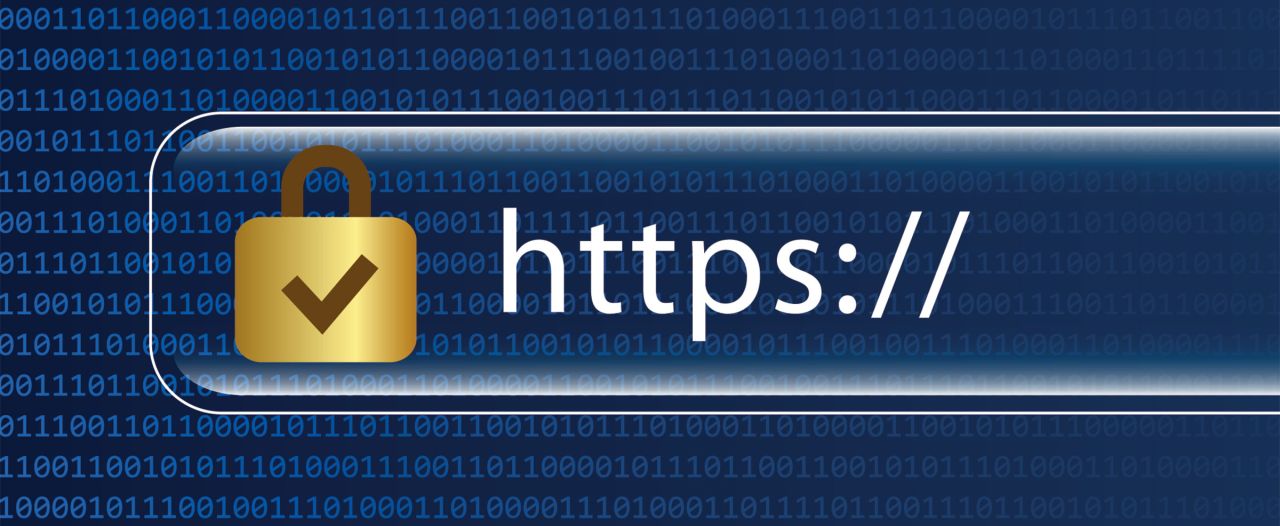
Back in 2017 browsers such as Google Chrome and Mozilla Firefox started driving the requirement for all websites to have an SSL certificate. Up until then you typically only had an SSL certificate if your website processed credit card transactions or you were a larger organisation who wanted to show your site was secure.
But what is SSL and why do I want need it?
Well SSL (Secure Sockets Layer) is a protocol that encrypts the connection between your web browser and the website you are viewing, and it ensures that any information you pass to the website is protected from prying eyes.
When visiting a website you can tell that your connection is secure by the padlock that appears next to the website address in the address bar - see the green circle below.

The other way to tell is when the address to the site is using https in the URL, for example https://mity.com.au
There are a couple of reasons you want to ensure your website is using SSL but the main reason is to give your visitor confidence that you take security seriously and they are protected.
You may not be selling products on your website so don’t need to worry about protecting credit card numbers, but chances are you have a contact form on your site, and having an SSL certificate installed will ensure the information your site visitors enter into it is encrypted and protected from unauthorised access.
There are a whole range of SSL certificate available that range from free to hundreds of dollars a year, so how do you know which one is right for you? Start off by asking your developer, but for the majority of websites a free certificate is more than sufficient.
BUT... Not all webhosts are offering free SSL certificates. Why not you say? Probably because they feel they can make money off but, but most would have the capability to offer a basic free SSL to all their hosting clients.
Two major free providers are cPanel and Let’s Encrypt. cPanel is probably the most popular web hosting management platform and chances are your site uses it. A couple of years ago they introduced an add-on to their platform called Auto SSL which issues free certificates to each site hosted on the platform. It’s just a matter of your host turning on this feature and it costs them nothing more.
If your web host is not providing you with a free option for SSL it’s time to pick up the phone and ask them why, and if they insist on charging for a basic SSL then shop around as there are plenty of hosts that will offer that*.
*The caveat to this is there are instances where your website would require something more than a free SSL, so make sure you understand your needs in regards to web security or talk to your developer first.

Michael Scruse
Michael brings his technical, web and sales expertise to every project, backed by over 30 years’ experience in the IT industry.
Michael is also a qualified chef, although cooking is now in a domestic kitchen. Michael is a bit of a history buff and is currently researching his own family history.

